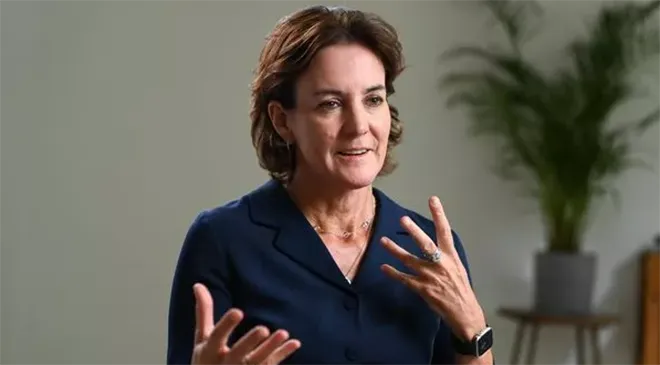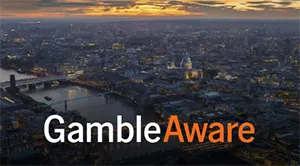 Charity organisation GambleAware has announced that more than 100,000 individuals across the UK have used its online self-assessment tool since it was first launched in April 2023. The said tool encompasses a range of questions designed to help individuals assess whether their or a loved one’s wagering is characterised by gambling harm indicators. Of the said 100,000 people, every fourth person reached out to a trained advisor after completing the quiz.
Charity organisation GambleAware has announced that more than 100,000 individuals across the UK have used its online self-assessment tool since it was first launched in April 2023. The said tool encompasses a range of questions designed to help individuals assess whether their or a loved one’s wagering is characterised by gambling harm indicators. Of the said 100,000 people, every fourth person reached out to a trained advisor after completing the quiz.
As highlighted by GambleAware, the aforementioned data coincides with a 20% increase in people gaining access to early intervention support from the National Gambling Support Network (NGSN). Moreover, nearly 3,400 individuals contacted the NGSN and got help in the form of Brief Intervention in Q3 23/24, up 113% from the figure for Q1 23/24 (1,597).
The self-assessment tool is just one of many ways that GambleAware contributes toward the effort to mitigate and prevent gambling harm. In fact, the said tool’s launch in 2023 was accompanied by the establishment of the “Let’s Open Up About Gambling” campaign, which continues to run to this day, and it is centred around the stigma that problem gamblers are impacted by and how to fight it. Moreover, according to data, the number of calls to GambleAware’s National Gambling Helpline has increased by 24%.
GambleAware’s CEO, Zoë Osmond, issued a statement in which she drew attention to the above results and stressed that they show the importance of third-sector services. She continued, commenting on the upcoming changes to Britain’s gambling legislation and how the new system would need to have a “prevention-led approach.” She also put a focus on how confidential support services that are available at no cost to gamblers, as well as campaigns surrounding education, health, and more, need to be further invested into.
Recovering Problem Gamblers Consider Charities and Services Surrounding Problem Gambling to be Crucial
 GambleAware also gave individuals who have lived experience of gambling harm and “affected others,” i.e. those impacted by the problem gambling of someone they are close to, the opportunity to share their experiences. Michelle from Essex, whose son struggled with gambling addiction for 15+ years, emphasised that “gambling harm can affect anyone” and described how when her son’s issues with gambling began, resources and services were scarce.
GambleAware also gave individuals who have lived experience of gambling harm and “affected others,” i.e. those impacted by the problem gambling of someone they are close to, the opportunity to share their experiences. Michelle from Essex, whose son struggled with gambling addiction for 15+ years, emphasised that “gambling harm can affect anyone” and described how when her son’s issues with gambling began, resources and services were scarce.
In contrast, gamblers in the UK have many charities and places to turn to now, and she believes that the said services “need to be protected.” She also commented on how crucial it is for experts across multiple sectors (gambling, health, homelessness, etc.) to be trained on how to recognise signs of gambling harm and guide people to support as early as possible.
Alper Muduroglu, London, highlighted the issue of how too many people fail to acknowledge the seriousness of gambling harm and addiction and how their dismissal of the issue contributes towards stigma. Muduroglu also gave himself as an example of proof that one can live a fulfilling life post-gambling, and like Michelle, he claimed that problem gambling services are of crucial importance. He put further focus on prevention, as it can help people cease their wagering habits “before they experience the more serious consequences” of gambling harm like he has.
Finally, Ben Howard, who is recovering from gambling harm, explained how it was the NGSN that helped him recover. The organisation quickly enabled him to build a network of pre-support as well as treatment, and it also helped him with aftercare, which he continues to use on his journey to recovery. Howard had also contemplated suicide in 2020, a path the NGSN saved him from. He concluded by saying that third-sector prevention services can assist gamblers who are still in need of help, and that this is why they warrant protection.
- Author


